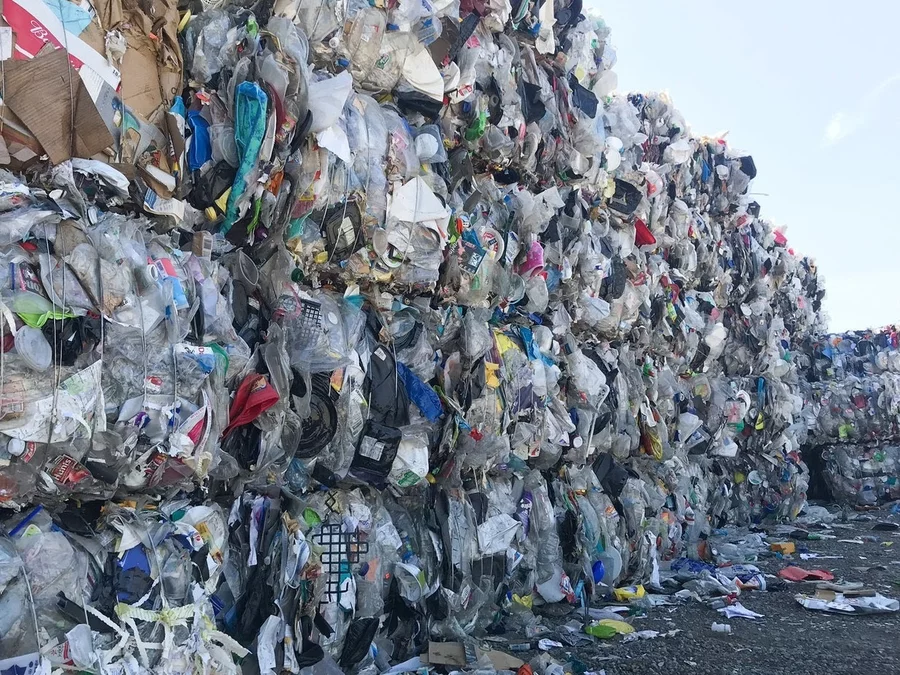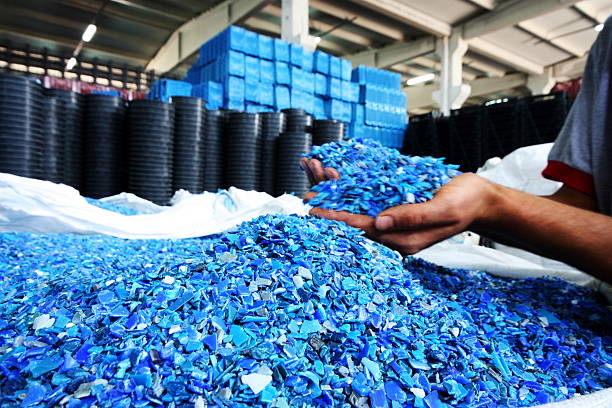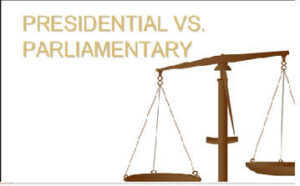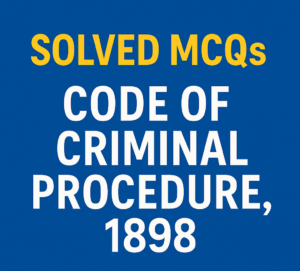Not all recycling projects are cost-effective, and there are several factors that contribute to this. Collection of recyclable materials, sorting, and poor market demand for recycled goods, fluctuating market prices of recycled materials make recycling less viable.
Mixed materials, contaminated perper, and electronics are some examples of materials for which recycling is not cost-effective because of the increased cost of processing, sorting, and purification. Addressing these challenges requires a combination of improved technology, better consumer education, and industry collaboration to enhance the economic viability of recycling.
Several materials are not cost-effective to recycle such as some types of plastic. Plastics, particularly if they are contaminated, mixed, or difficult to sort. Plastics with lower market demand or those that require complex processing can be less economically viable to recycle.
Likewise, recycling low-grade paper, such as mixed paper or heavily contaminated paper, can be less profitable because the quality of the recycled material is lower. Paper with a high level of ink, tape, or other contaminants can require extensive processing and reduce its value.
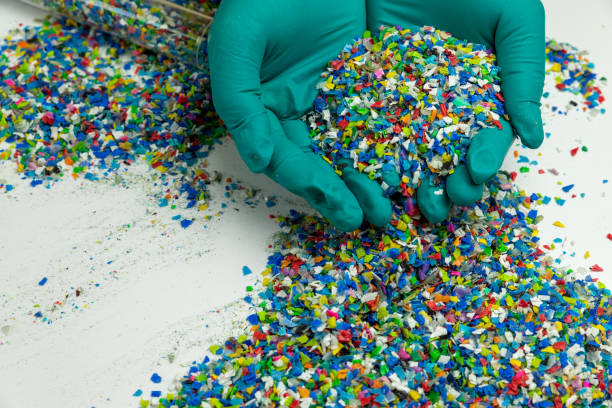
Also, recycling electronic waste can be expensive due to the complex nature of electronics, containing various materials that need to be separated and processed. For instance, recycling batteries, especially those with hazardous components, can be expensive and require specialized facilities and processes.
Glass is yet another recyclable material. But recycling it can be challenging due to its weight, fragility, and transportation costs. The value of recycled glass can sometimes be lower than the cost of collecting, sorting, and processing it.
Apart from that, recycling single-use items like disposable utensils and packaging can be less cost-effective as these items are often made from a combination of materials that need to be separated before recycling.
There exist multiple reasons why recycling certain goods is not economically feasible. First, the contamination of recyclable materials can significantly reduce their value and increase processing costs. When non-recyclable or improperly sorted items are mixed with recyclables, it becomes more difficult and expensive to separate them.
Besides, the profitability of recycling often depends on the demand for recycled materials. If there’s a lack of demand for certain types of recycled materials, their market value decreases, making it less economically feasible to get recycled. Aside from that the prices of raw materials and recycled materials can be volatile. When market prices for recycled materials drop, it can impact the economic viability of recycling projects.
In short, it’s important for recycling initiatives to be carefully planned and evaluated to ensure that they are both environmentally and economically sustainable. Governments, industries, and communities need to collaborate to address the various factors that affect the cost-effectiveness of recycling projects and find ways to optimize recycling efforts while considering their financial implications.
📍 English Language Educator | Blogger & Content Strategist | 7+ Years in Educational Blogging
Nosheen Bashir is a dedicated English teacher and experienced blogger with over seven years of expertise in content creation and educational writing. Passionate about language, literature, and effective communication, she combines her teaching experience with blogging skills to create insightful, research-backed content that helps learners and educators alike.
🔹 Expertise & Achievements:
✔ English Language Education: A skilled educator with years of experience in teaching English grammar, literature, and communication skills to students of varying levels.
✔ Educational Blogging: Running a successful blog for 7+ years, delivering well-structured, engaging content on language learning, writing techniques, and academic success.
✔ SEO & Content Strategy: Specializes in creating high-ranking, authoritative articles that follow Google’s EEAT principles, ensuring content that is both informative and search-friendly.
✔ Student-Centric Approach: Committed to making English easier, engaging, and accessible, helping readers and students improve their language proficiency.
🚀 With a passion for teaching and writing, Nosheen Bashir is dedicated to crafting educational content that empowers students, teachers, and language enthusiasts worldwide.

